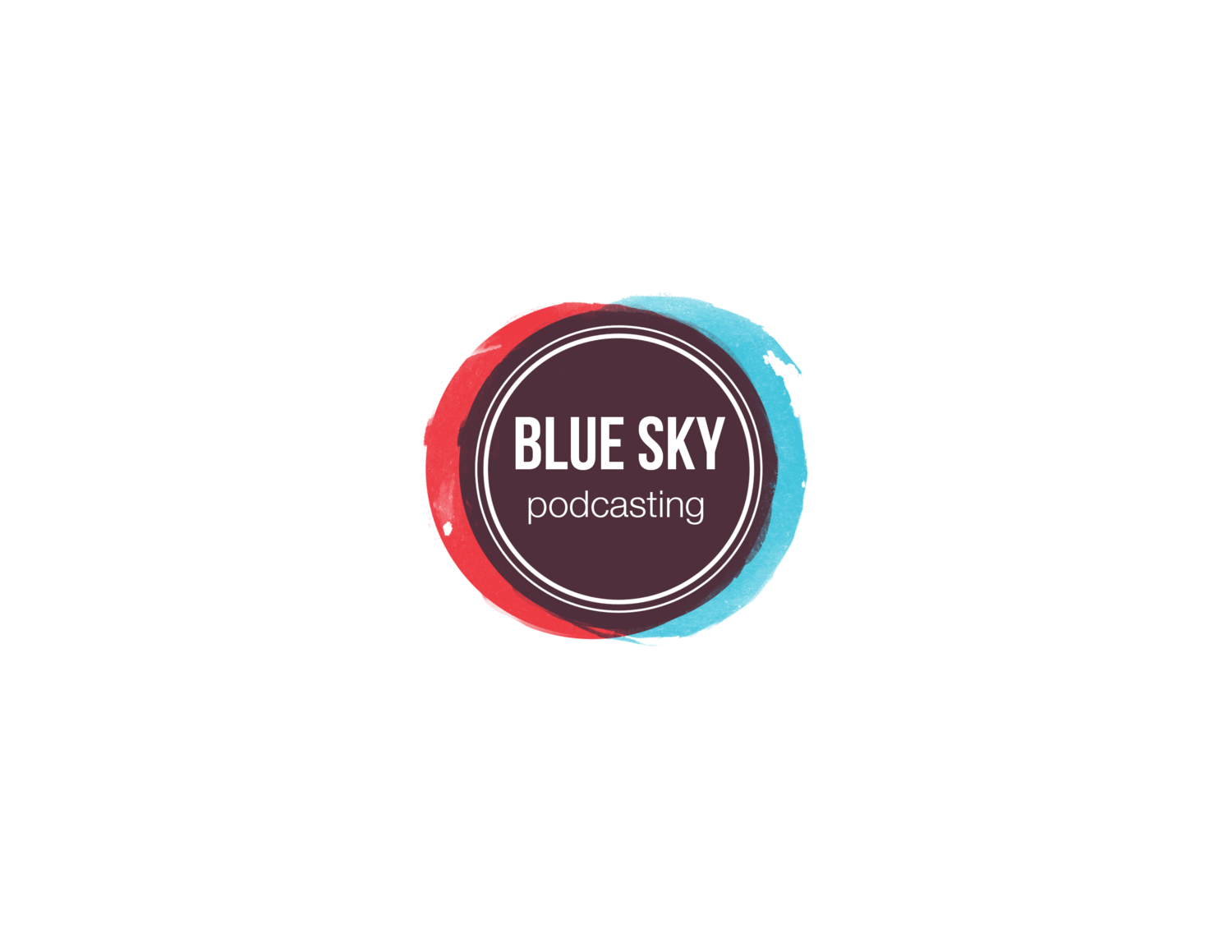We all love the unexpected upside. You know, that feeling when you get far more than what you paid for. The free dessert at the end of the meal, the extra order of fries in your Chick-Fil-A meal, or the table sitting next to you buying your entire meal without you knowing. (Yes, all my ideas of unexpected upsides are food related, I'm a fatty.)
Over the years, I’ve learned that podcasting has an unexpected upside—incredible benefits that come from having your own podcast.
Relationships
When I started my podcast a few years back I knew it would help build better relationships. But, I had no idea the impact it would truly have over years of producing shows. I want to be careful when I say this because I don’t mean it in a sleazy way. I mean it in an actual, genuine friendship way. When you have a platform of listeners, and you highlight how great someone is, or their expertise in a given field, you build authentic relationships. And it’s easy to see how this can be a great way to build a friendship. You begin by giving. No strings attached. Just the giving of your platform.
Gives us Time
At first glance, this one seems incredibly odd. Yet, as you look into the power of podcasting and how it disseminates into smaller pieces of content, you can unlock the power of this platform. Let me explain it this way. If you’ve ever hired a social media writer and you didn’t give them really great instructions, you’ve probably experienced a communication breakdown. It goes something like this, they send you content and you look over it and quickly realize that you’d never say something the way they did. And even if you would have said it at all, the tone and delivery is way off. But when there's a transcript of a podcast—the words you said, the tone, and the context—you provide clarity of the message you intend. Further, one podcast episode provides content for two or three blog posts, five to ten social media posts, and support for a dynamic social media presence. Create once and get a lot of benefits. Podcasting gives you time.
Influence
While the benefit of influence might be borderline subconscious when you to start a podcast, it’s a gateway to participating in your industry in some pretty significant ways. Influence for me, is one of the benefits that I see just beginning to unfold in some really interesting ways. With humility, I will say it’s really neat to be involved in conversations that could shift the perspectives of a large group or, in some ways, an industry. But without having a platform, it’s pretty tough to have that kind of influence. Podcasting is the easiest way to be an influencer.
There’s a lot of great reasons to have a podcast. Hopefully after reading this, your interest is piqued by the unexpected upside. The side of podcasting that doesn’t get a lot of attention.
